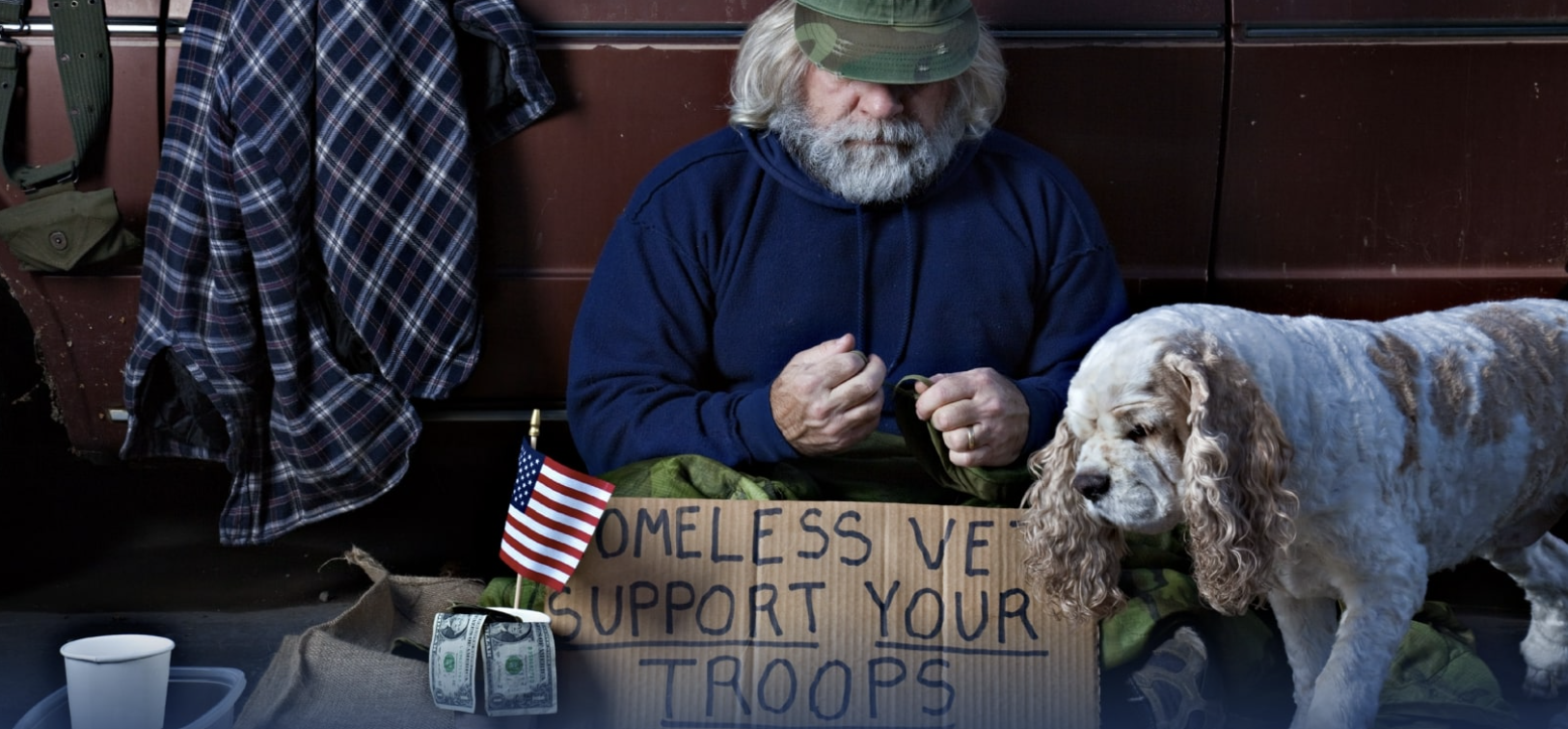In the weeks leading up to the first confirmed cases of COVID-19 in the United States, I overheard several individuals mention that they were not overly concerned about our country’s homeless population in the face of the pandemic. As they put it, the homeless were “not as likely to get the virus,” based on the inaccurate notion that their living situation was already conducive to social distancing.
This was before we knew that the exact opposite is true: individuals who are homeless remain especially vulnerable to COVID-19.
As the co-founder and chairman of the national nonprofit SoldierStrong, an organization dedicated to helping veterans take their next steps forward into life after service through the donation of revolutionary medical technologies, I am especially concerned for veterans during this time, including those veterans who are currently homeless.
Not only do our homeless veterans remain at a high risk for contracting the virus, but donations of basic necessities to homeless shelters and food pantries have slowed down, fundraising efforts for local homeless veterans in many communities have discontinued, a number of walk-in clinics have scaled back their physical health services, and counseling – from mental health to employment- has been postponed for the time being. For the over 40,000 homeless veterans in the United States, these vital resources that they rely on to help get them back on their feet are now in jeopardy.
Furthermore, our homeless veterans often lack the supplies necessary to maintain good hygiene that are especially critical at this time. This includes soap, hand sanitizer and sanitizing wipes. Though even if many homeless veterans did have access to these supplies, with the closure of most community centers and public spaces around the country it remains difficult for them to access running water in order to wash their hands properly.
Despite this, we must get creative in how we continue to provide critical physical and mental health services to homeless veterans during this time when many may need it most.
The U.S. Department of Veteran Affairs (VA) has already begun distributing what they call Mobile Vet Centers to a handful of deeply affected cities across the country. These mobile resources are intended to make it easier to provide mental health counseling, outreach and care coordination to veterans throughout the duration of COVID-19’s spread.
Not only is this a valid step in reaching a large number of veterans in a safe manner to provide much-needed services, but the VA could consider using the Mobile Vet Centers to reach our homeless veteran population as well. Using mobile centers now could have the potential to set a precedent for how the VA reaches homeless veterans long after the effects of the pandemic have subsided.
Additionally, as our country’s leadership continues to ease regulations and cut red tape around telehealth services, perhaps there are ways to make these incredible resources more accessible to homeless veterans. We have seen many cities use vacant buildings and public spaces as shelters for the homeless since the onset of the pandemic. Hospitals and communities could work together to find ways to bring telehealth services to homeless veterans who are currently residing at such buildings, specifically to those buildings that already have access to Wi-Fi and computers that can be readily used to help facilitate the process.
We know that many homeless veterans suffer from mental health conditions, particularly post-traumatic stress, and would likely benefit from telehealth services now more than ever before.
I acknowledge that executing these ideas likely would take time and money that may not be readily available today. But I believe with our fighting American spirit and cunning creativity, we will find ways to continue to invest in our homeless veteran population. That process begins with opening an ongoing and honest dialogue, as well as not being afraid to bring forth any and all ideas that may make a difference.
In the meantime, I encourage those who can to find out how to safely donate to your local homeless shelter or food pantry today, especially supplies such as hand sanitizer and sanitizing wipes. Any steps we can take today have the potential to make all the difference for homeless veterans tomorrow.

